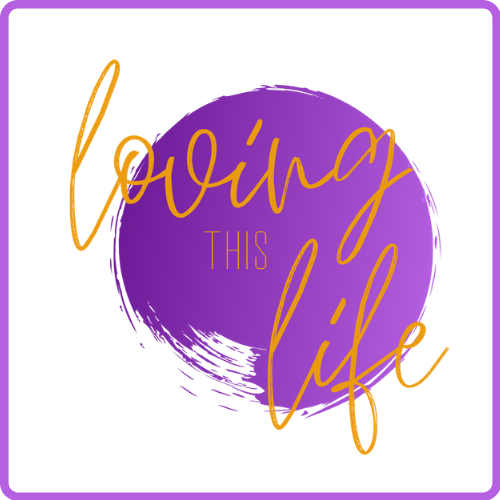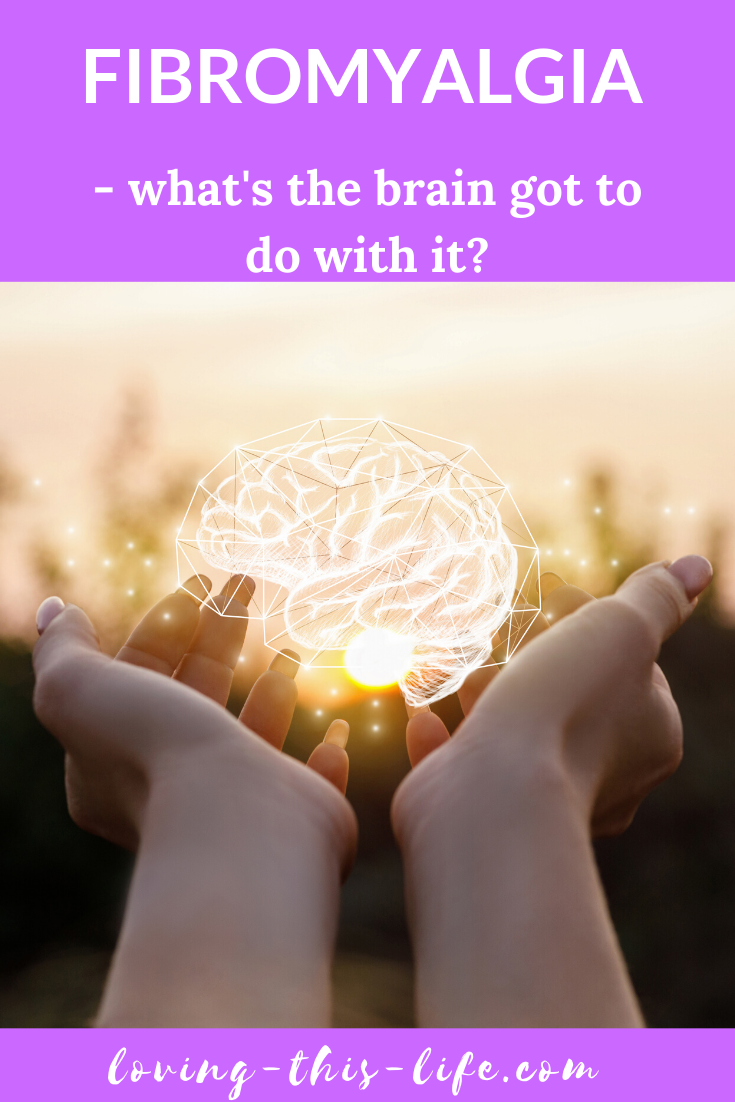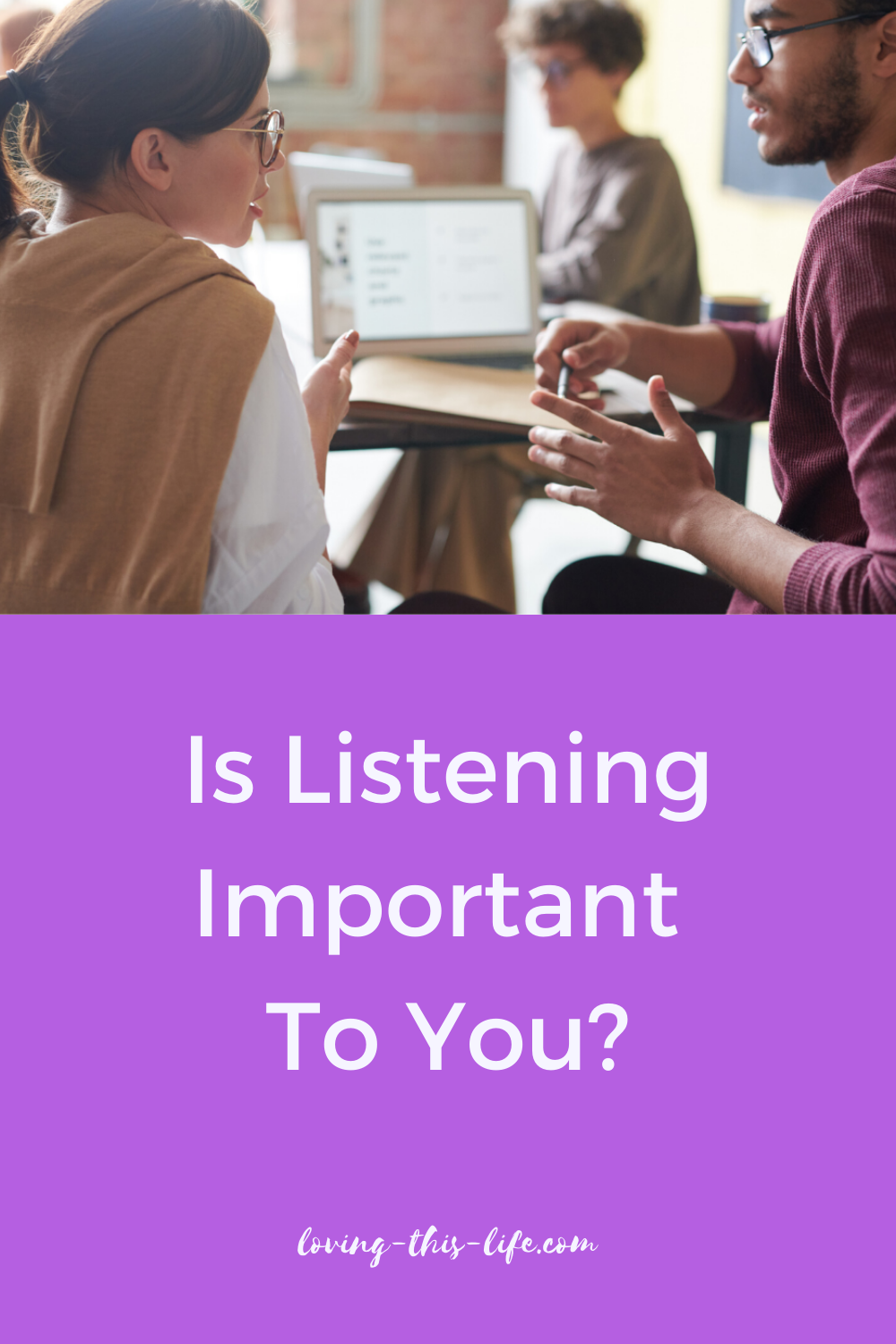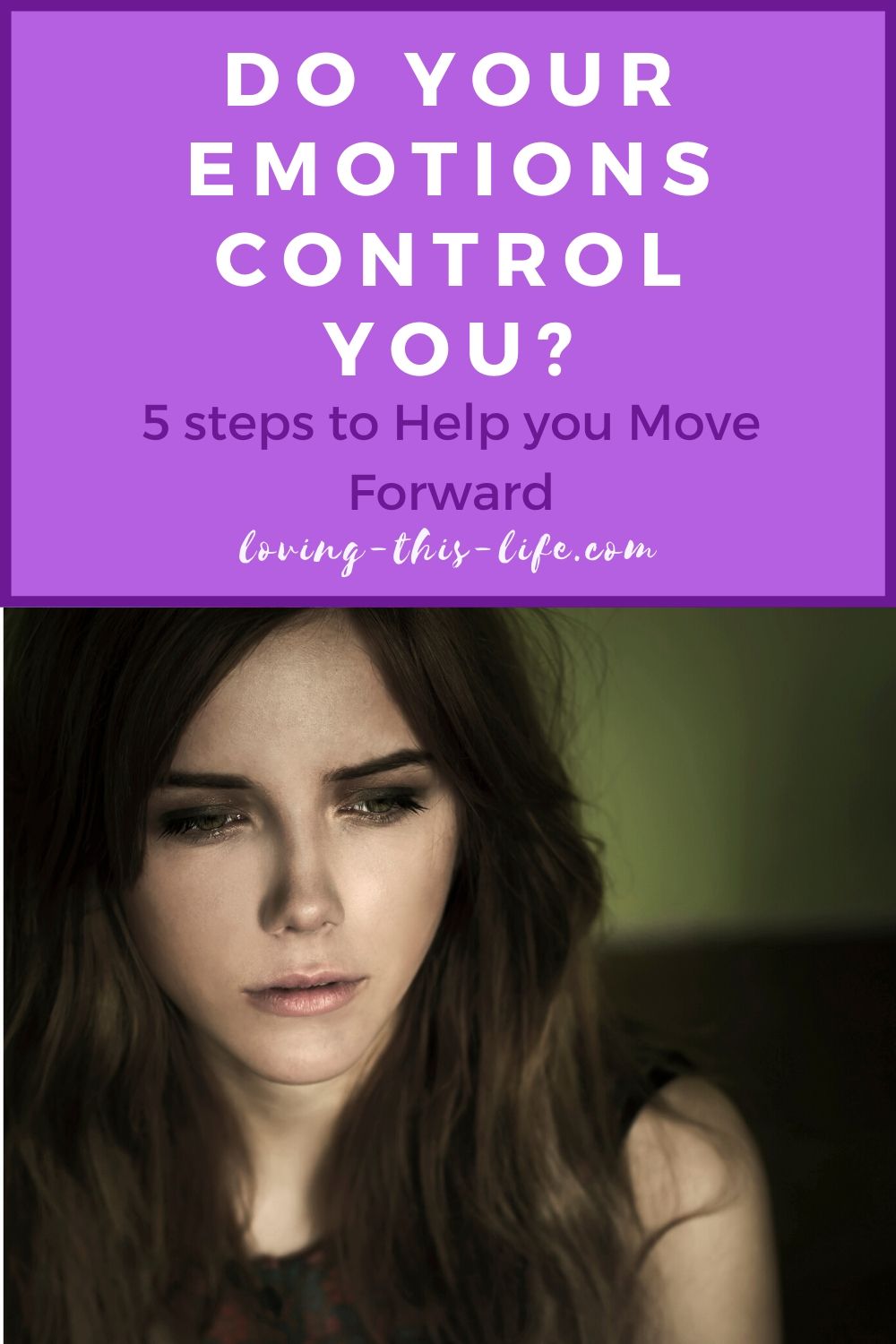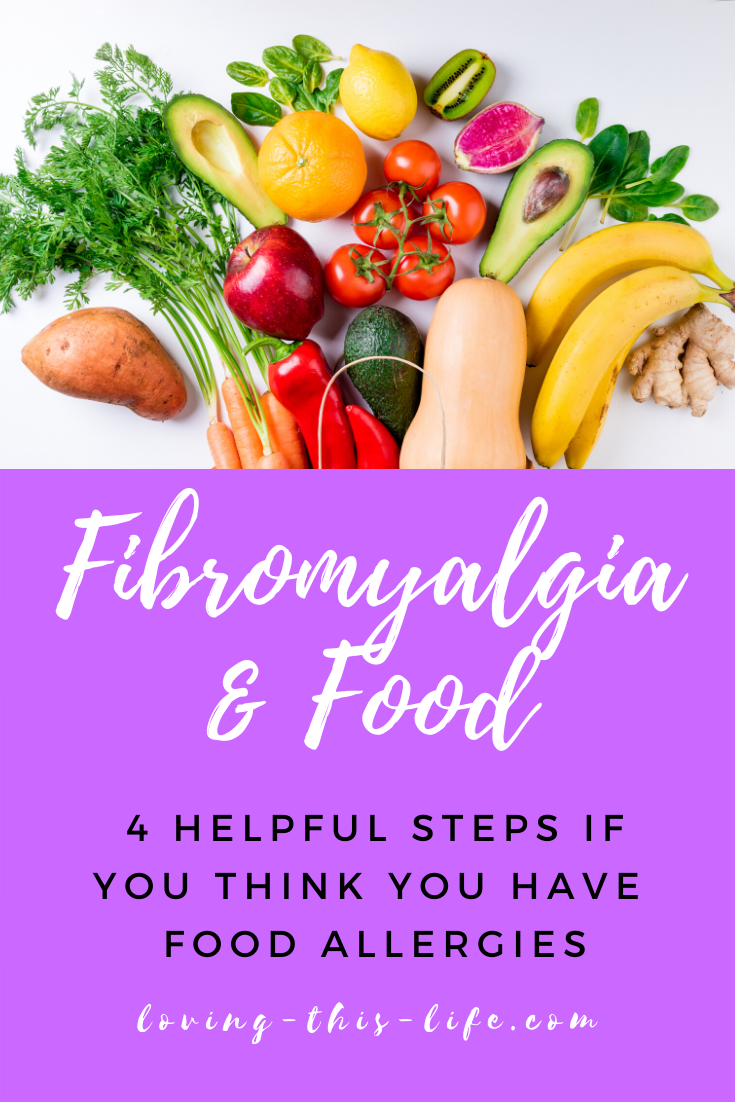7 Ideas to Help You Live in Lockdown

I’m sure you’d agree that saying life has changed in the past 18-24 months is a gross understatement! We’ve all had to learn new ways to help us live in these unusual times.
I was reminded this morning that one of the last things I did that was “truly normal” prior to our first lockdown in Melbourne, Australia, was to go to the theatre with my daughter to see the show “Come From Away “. (By the way the show was fantastic!!)
I can remember walking into the theatre and being overwhelmed by the smell of some sort of antibacterial cleaner. (Little did I realize how normal that smell would become.) But I was also feeling a bit nervous. We had started to see Covid cases appear in Australia, while also seeing the enormity of what was happening overseas, which made us wonder how Covid would emerge here. Coming to a theatre surrounded by people had suddenly made me a bit nervous.
Since then, life has changed enormously. We are in the middle of another prolonged lockdown in Melbourne and although we’re all sick of it, we don’t want to experience the huge spike in covid cases if we were to live normally!
So how do we live in Lockdown? We’ve all been impacted – through being stood down from employment; kids not at school – and unable to catch up with friends, etc.; parents working at home, while trying to supervise children doing online learning. It’s a recipe for chaos isn’t it!
I keep on asking myself how did our parents’, grandparents & great grandparents manage? For the majority there was more land, and it was safer for kids to roam the neighbourhood on their bikes and with their friends.
I asked my subscribers what they have been doing to help occupy themselves and also to care for their friends and family. I’ve listed these and some other ideas that I found that are worth thinking about below. I hope they will help you find something enjoyable to do by yourself, or with your family.
7 ways to help you live a better life during lockdown:
- Create a “Lockdown Journal!” to remind you and show others what this time was like. It can be as pretty (if you’re a crafty) or as straightforward as you like! (My daughter created a photobook made up of all the photos from the past year.)
- Gardening was a common answer – but people were choosing to try new things that they didn’t usually do, e.g.:
- Growing plants from seeds.
- Planting a herb garden.
- Creating a section of your garden that will intrigue your children and/or grandchildren – a fairy or dinosaur garden; or create things from small rocks. You can paint pots in bright colours; add toys to the garden, etc. The ideas are endless. (Go to Pinterest: https://www.pinterest.com and type in kid friendly gardens or kids garden ideas into the search and you’ll be amazed at how many great ideas there are.)
- Stone balancing – like the main picture above – check some out online and you’ll quickly see the challenge in it. (Check out this link: https://www.solidsmack.com/design/stone-balancing-unreal-stone-sculptures-michael-grab/ )
- Others have set themselves some goals for each day:
- Do something for someone else each day.
- Go for a walk at least 3 times a week or do some form of exercise each day.
- Read a new book and learn something new.
- Garden for 30 mins a day.
- Online Courses has been another way people have used their time in lockdown productively. It’s a good time to try your hand at something you’ve thought about doing, but never had the time. The opportunities for online courses are endless and, to be honest, when you start looking online, it’s easy to get overwhelmed.
I encourage you to check with any of your friends who have done online courses and see what they’ve done. If you know what area you would like to learn more about, ask people who may know what is available. Or search on Pinterest or Udemy for ideas.
- Lots of people are having “an evening out – at home!” They dress up, grab a drink, and go to their loungeroom and watch a performance being streamed online.
There are so many alternatives to this idea – use your imagination! To get you started try these suggestions:
- Cook a meal from a certain country and get dressed up, as best you can, in that country’s dress.
- Learn some new dances online and have an evening of dance in your lounge room.
- Watch your favourite movie, just as if you were in a theatre/drive-in. Cook up some popcorn – maybe a choc-top ice cream – or anything else you like.
- My husband and I play cribbage – a card game with a wooden board to mark your score – so last lockdown we kept a record of who won each game. We played most days and it certainly added up. Keeping a tally kept us wanting to keep playing. (It’s also a fun thing to do when you find yourself a bit lost during the day!)
You can do this with young kids playing uno, or fish, or teenagers with slightly more challenging games, or with adults. It’s fun knowing you’ll play at a certain time each day and keep a score. It becomes something to look forward to.
- Every so often we organise online games with friends or family on zoom. It’s a bit more challenging doing it online, but still a lot of fun.
Did you know you can even do free jigsaws together online? Try: puzzlegarage.com or https://jigsawpuzzles.io/ – there are several around that do free jigsaws. You can challenge yourselves to see who puts in the most pieces, or just do them together while chatting online via zoom or skype.
As you can see, the possibilities are endless. They take a bit of setting up sometimes, but most are pretty easy to organise.
Here’s a bonus tip for you – Yesterday I read an article about what psychologists thought were some of the best things to do during lockdown. While they acknowledged that a lot of us reach for the remote to watch re-runs of our favourite sitcoms and that it isn’t a bad thing, they said that doing things like “singing in the shower” (or anywhere, really) and dancing would do a lot more to improve your mood. So, try turning the music on and singing along; and find a video “dancercise” programme so you can dance and exercise at the same time!
Remember, it’s important to look outside of yourself for a while each day. See how others are doing; do some gardening; take your mind off of yourself and enjoy something. It’s amazing how much this can help us.
